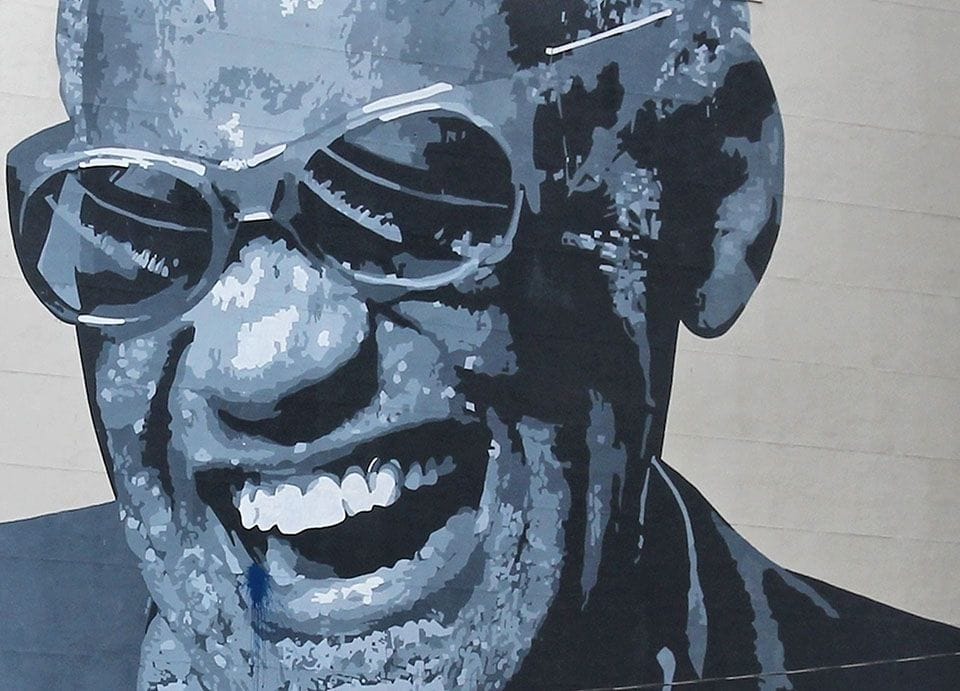Years ago, Dr. Michael Baron made a surprising discovery: Prescription painkillers often make chronic pain worse, not better. When he published his original research in 2006, this finding defied all logic. “When I told my patients they’d have less pain if they stopped using pain meds, they told me I was crazy,” Dr. Baron recalls. “But when they went off the painkillers, their pain scores were consistently lower.” Since then, Dr. Baron’s findings have been reproduced in study after study. Although pain medications have an important place in medicine, over-prescribing has contributed to an epidemic of prescription drug addiction. “In the 1980s, the medical profession was under-treating pain,” Dr. Baron explains. “Opioids were prescribed only for severe cancer pain or for a week or two following an operation. In the 1990s, the pendulum swung the opposite direction and physicians started over-treating pain. Not surprisingly, more and more people began struggling with painkiller addictions.” Pain as a Symptom Although every individual is unique, Dr. Baron believes that for many people, chronic pain is a manifestation of depression, anxiety, trauma or other emotional issues. “When we manage pain with opioid medications, the person feels better temporarily, but, over time, dependence can set in and both the pain and the underlying depression get worse,” says Dr. Baron. “Only when patients stop taking opiates and receive appropriate treatment for the underlying emotional issues can they truly recover.” Dr. Baron is dually qualified to address emotional and physical pain. Originally trained in anesthesiology, Dr. Baron’s personal recovery inspired him to go back to complete his residency training in psychiatry at Vanderbilt University School of Medicine. Today, he is triple board certified in in psychiatry, anesthesiology and addiction medicine, and has practiced in the Nashville area since 1998 in a wide variety of treatment settings. Interrupting the Pain Cycle At The Ranch, a treatment center near Nashville where Dr. Baron serves as the attending psychiatrist, effective pain management begins with a comprehensive evaluation that takes into account the physical, mental and emotional issues. Next, clients are detoxified from opiate painkillers and other addictive medications. This process is best completed under professional supervision since many people misinterpret opiate withdrawal symptoms as the return of pain. While withdrawal symptoms are temporary and can be managed with medication, if patients mistake their withdrawal symptoms as chronic pain, they’ll likely go back to using prescription painkillers. “One of our goals is to interrupt the pain cycle and let the body’s own natural pain defense mechanisms work again,” Dr. Baron explains. “The process is much like the stress-induced headache: Someone gets a stress headache and takes acetaminophen for a few days in a row. Pretty soon the headache is caused by a lack of acetaminophen, which is called a ‘rebound’ headache. The person keeps taking acetaminophen thinking it’s helping when, in fact, it’s making the problem worse. It’s a vicious cycle.” Alternative Strategies for Pain Management For the remaining pain symptoms, a number of non-addictive medications have proven effective, Dr. Baron says, including certain antidepressants, local anesthetics and non-steroidal anti-inflammatory medications. Taking care of people’s fundamental needs can also help to resolve pain. According to Dr. Baron, people who eat well, stay active and have good sleep hygiene may find that their pain goes away or is greatly reduced. Rather than prescribe a sleep aid, which anesthetizes patients but doesn’t ensure quality sleep, says Dr. Baron, patients need to work with their treatment team to find out the underlying reasons for their poor sleep. “Treatment for chronic pain isn’t as simple as ‘get off the opiates and take some aspirin,’ ” Dr. Baron says. “We look at the whole patient and try to understand them from an emotional, physical and spiritual standpoint. Are they happy in their marriage? Do they have unresolved grief? How is their job going? All of these factors contribute to stress and other destructive forces.” Dr. Baron also calls upon a wide variety of alternative and holistic therapies. For instance, mindfulness meditation, relaxation techniques and hypnotherapy can be used to train the mind not to acknowledge or concentrate on pain. Hydrotherapy, which might include water aerobics or physical therapy that takes place in water, provides a low-impact stress environment and a sense of weightlessness that can be healing for some patients. “There isn’t a single technique that works for everyone,” says Dr. Baron. “Treatment has to be individualized and tailored to where the person is at physically, mentally and emotionally. If they have had success with acupuncture, for example, we may start there. Once we start reducing the pain and improving their quality of life, we can begin introducing new therapies.” A Healing Environment The Ranch creates both a physical environment and a treatment environment that is conducive to healing. Immersed in nature on a working horse ranch, men and women receive care that is completely individualized and geared toward recovery in mind, body and spirit. “In this type of setting, I’m able to really get to know my patients,” Dr. Baron says. “Rather than see a client once a week in an office setting, at The Ranch I can see a patient every day if needed. Seeing them in a community context, I can observe how they live and interact with others, which sheds light on the problems they’re having in their home environment. It’s a great way to treat people.” –Meghan Vivo
Call for Immediate Help:1.844.876.7680


